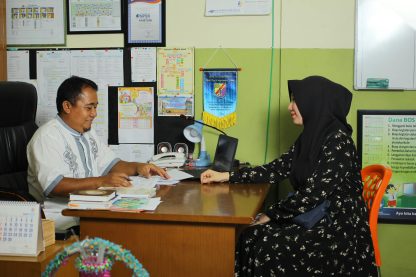Table of Contents
Qualifications and Experience
When selecting a babysitter, it’s essential to consider their qualifications and experience. Look for candidates who have previous experience caring for children, whether through babysitting, volunteering, or professional childcare roles. A babysitter with first aid and CPR certification is ideal, as they will be equipped to handle emergencies should they arise. Additionally, consider their age and maturity level – while teenagers can make excellent babysitters, they should have the necessary skills and experience to handle the responsibilities that come with caring for children.
On-Demand Childcare in Your Neighborhood
Book a Sitter
Safety and Emergency Preparedness
Ensuring your babysitter is prepared to handle emergencies is crucial for your peace of mind. Provide them with a list of emergency contact numbers, including yours, a trusted neighbor, and poison control. Show them where the first aid kit is located and walk them through basic first aid procedures. Discuss what to do in case of a fire, severe weather, or other emergencies, and make sure they know the evacuation plan for your home. Having a babysitter who is knowledgeable and prepared for emergencies can make all the difference in keeping your children safe.
Rules and Boundaries
Setting clear rules and boundaries for your babysitter is essential for maintaining a consistent environment for your children. Discuss your expectations regarding meal times, bedtime routines, and any specific rules you have in place for your children, such as limits on screen time or dietary restrictions. Communicate any rules related to discipline and behavior management, and make sure your babysitter understands the importance of consistency and following your guidelines. Establishing clear boundaries from the start can help prevent misunderstandings and ensure a positive babysitting experience for everyone involved.

Screen Time and Activities
With the prevalence of screens in today’s society, it’s important to establish guidelines around screen time when hiring a babysitter. Share your family’s screen time rules with your sitter and discuss any limitations or restrictions you want to put in place during their time with your children. Encourage your babysitter to engage your children in activities that promote creativity, physical activity, and social interaction.
Providing a list of approved activities or suggesting games and crafts can help your babysitter plan engaging and educational experiences for your children while limiting screen time.
Communication and Feedback
Open communication between parents and babysitters is key to a successful childcare arrangement. Make sure your babysitter knows how to reach you in case of emergencies or questions, and establish a routine for checking in during their time with your children. Encourage your babysitter to provide updates on how things are going and share any concerns or questions they may have. Offering constructive feedback after each babysitting session can help your sitter improve their skills and better meet your expectations. Building a relationship based on clear communication and mutual respect can lead to a positive and lasting partnership with your babysitter.
In conclusion, setting age-appropriate guidelines for babysitters is an important part of hiring and working with childcare providers. By considering qualifications and experience, safety and emergency preparedness, rules and boundaries, screen time and activities, and communication and feedback, parents can ensure a positive and safe experience for their children while in the care of a babysitter. Establishing clear guidelines and expectations from the start can help build trust and confidence between parents and babysitters, ultimately leading to a successful and rewarding childcare arrangement.










